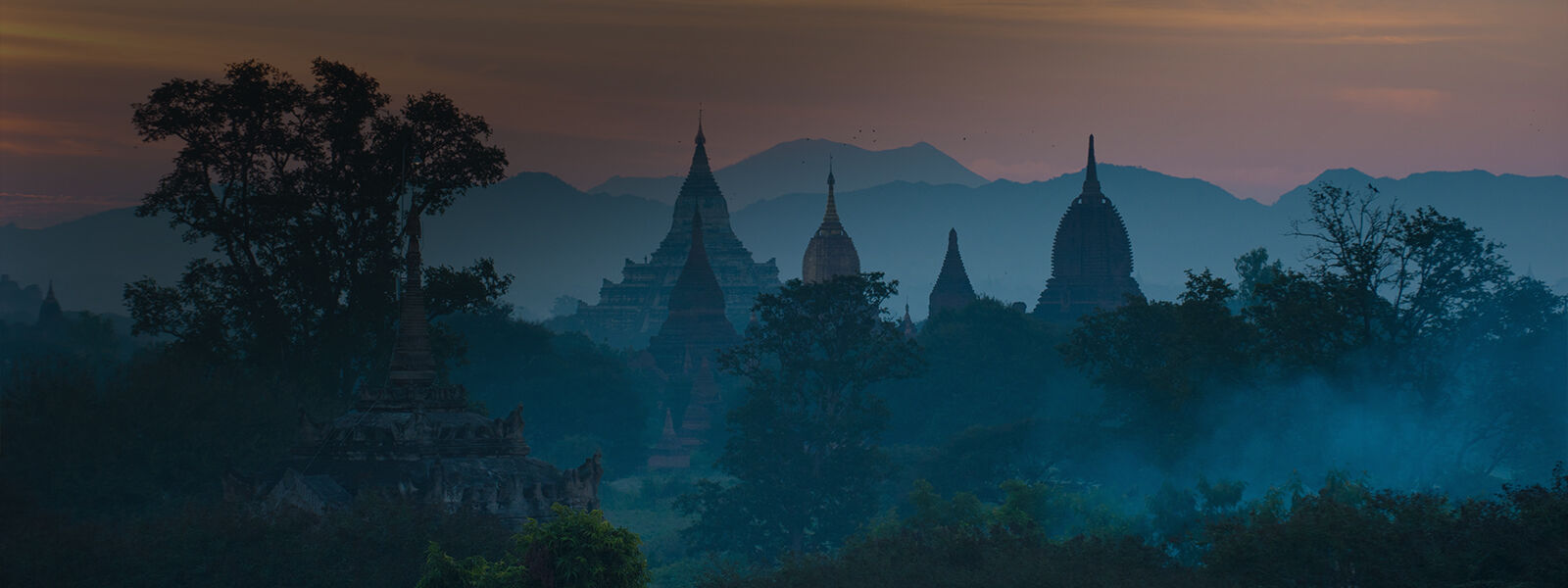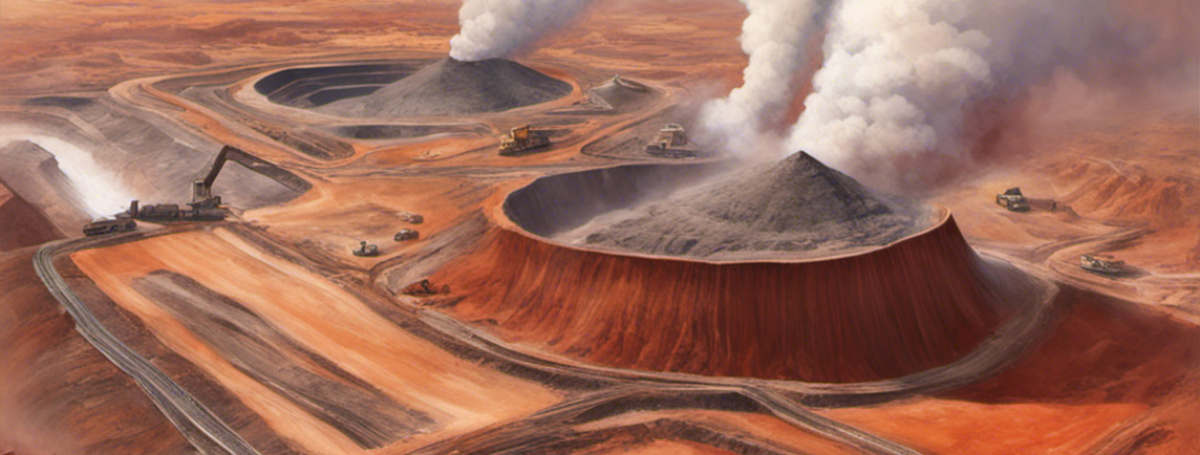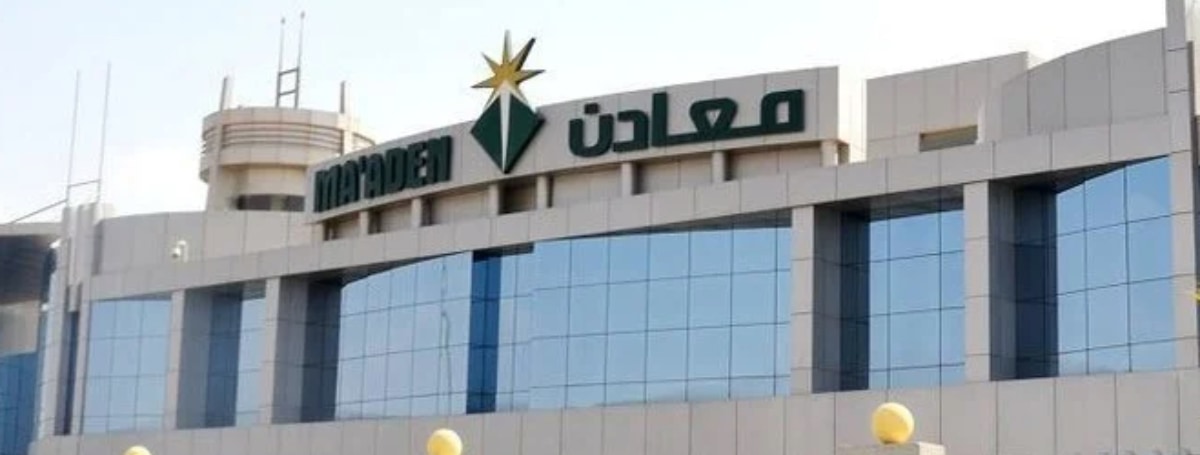About Myanmar
Mining
Myanmar is endowed with world-class mineral resources including copper, gold, lead, zinc, silver, tin and nickel. High prospectivity and a lack of exploration means there is a high probability of further world class discoveries and the potential for high returns for mineral companies willing to commit to Myanmar.
To date, in terms of large scale exploration, a small number of exploration blocks have been applied for. In terms of small scale exploration, many blocks have been granted but activity is limited. Notable existing mining projects include the Monywa copper mine and Tagauun Taung nickel project
Myanmar is widely expected to pursue more substantial political, legal and economic reform which is likely to mean improved conditions for investors. Of course, Myanmar, like most mining jurisdictions, presents investors with a unique set of challenges. Under -exploration means there is a shortage of historical data and successful precedents which new entrants can study. Myanmar persists with dead rents which are higher than most other global jurisdictions and signing on bonuses at the exploration stage. Myanmar also suffers from inadequate and degraded infrastructure. However the government, in cooperation with the private sector, has already commenced a number of capital works projects and has made improvement of the country’s infrastructure a policy priority.
The core pieces of mining legislation in Myanmar are the Myanmar Mines Law (“Mining Law”) and Government notification no.125/96 (the “Mining Rules”). The Mining Law is expected to be updated in 2013. The Myanmar Ministry of Mines has issued a presentation on the proposed amendments. A number of other related laws also apply to the mining sector such as the State Owned Economic Enterprise Law, the Foreign Investment Law, The Protection of Wild Life and Wild Plants and Conservation of Natural Areas Law, the Myanmar Insurance Law and the Cultural Heritage Law.
The Ministry of Mines is the government authority responsible for implementation of the policy, legislation and enforcement of Law, Rules and Regulations in the mining sector.
The Ministry of Mines has issued information on Joint Venture Procedures and
on the current mining activities and Investment Opportunities in
the Myanmar Mining Sector.
The government’s current practice is to enter into production sharing contract with miners. A mining company can invest as a foreign direct investment or joint investment with local company.
Oil and Gas
Myanmar is one of the world’s oldest oil producers. It is estimated to have huge oil and gas reserves, however few fields are currently producing and most deposits remain unexplored. According to the Ministry of Energy (“MOE”) the country’s proven reserves in 2012 stood at 2.1 billion barrels of oil and 25 trillion cubic feet of natural gas, most of that offshore.
The MOE decides on oil and gas policy. It has oversight of three state-linked firms which include:
- Myanmar Oil and Gas Enterprise (“MOGE”) is the authority responsible for oil and gas exploration and production. It also oversees domestic gas transmission via a 1,200 mile onshore pipeline grid.
- Myanmar Petrochemical Enterprise, which operates three small refineries and four fertiliser plants as well as smaller processors dotted across the country.
- Myanmar Petroleum Products Enterprise oversees retail and wholesale distribution.
All foreign participation in oil and gas activity takes place through joint venture arrangements with MOGE.
In June 2012, state-owned energy company Myanmar Oil and Gas Enterprise said it had signed nine agreements to allow companies, including Malaysia’s Petroliam Nasional, Thailand’s PTT PCL and India’s Jubilant, to explore for oil and natural gas onshore.
The IMF projects gas export revenues to jump by 85% to $4.8 billion, compared to total exports of $13.8 billion, with the completion of the Chinese-backed Shwe gas project and the Thai M-9 gas block venture.
The MOE has produced an overview of
Production Sharing Contracts in Myanmar’s Upstream Oil and Gas Sector
as well as information on
Opportunities for Cooperation in Myanmar’s Petroleum Energy Sector
.
The MOE has also released standard terms and conditions of
productions sharing contracts for onshore blocks,
offshore blocks and
deep -offshore blocks.
Pursuant to Notification No. 1/2013 oil and gas exploration is listed
among economic activities which are permitted in accordance with certain conditions separately stipulated by the relevant responsible ministry. To date foreign oil and gas companies have been required to work in cooperation with local
companies. Pursuant to Chapter 3 Paragraph 20 of Notification
11/2013 foreign capital should not exceed 80% of the
total capital of joint-venture companies engaged in economic activities which are prohibited or restricted such as oil and gas exploration.




